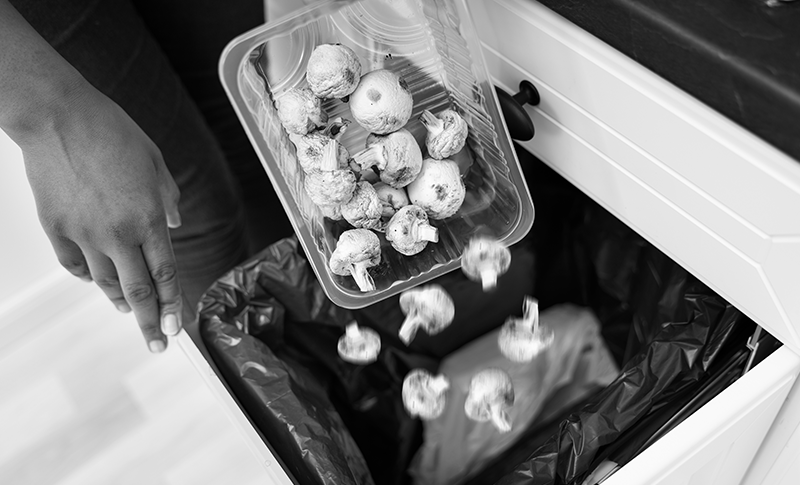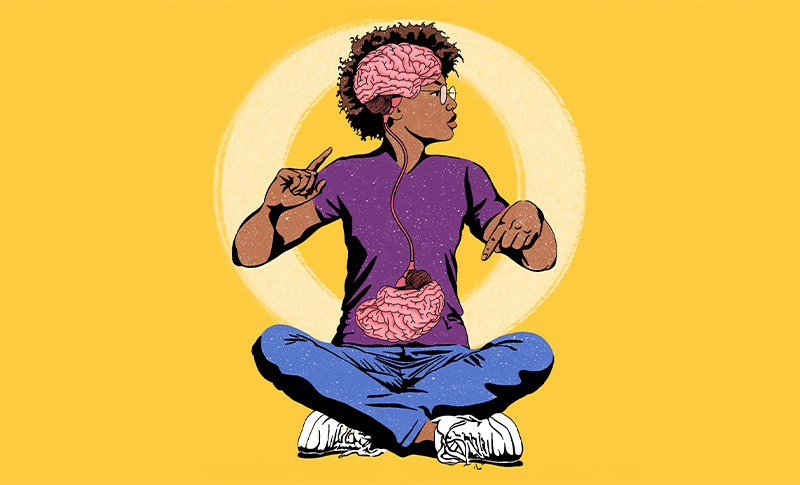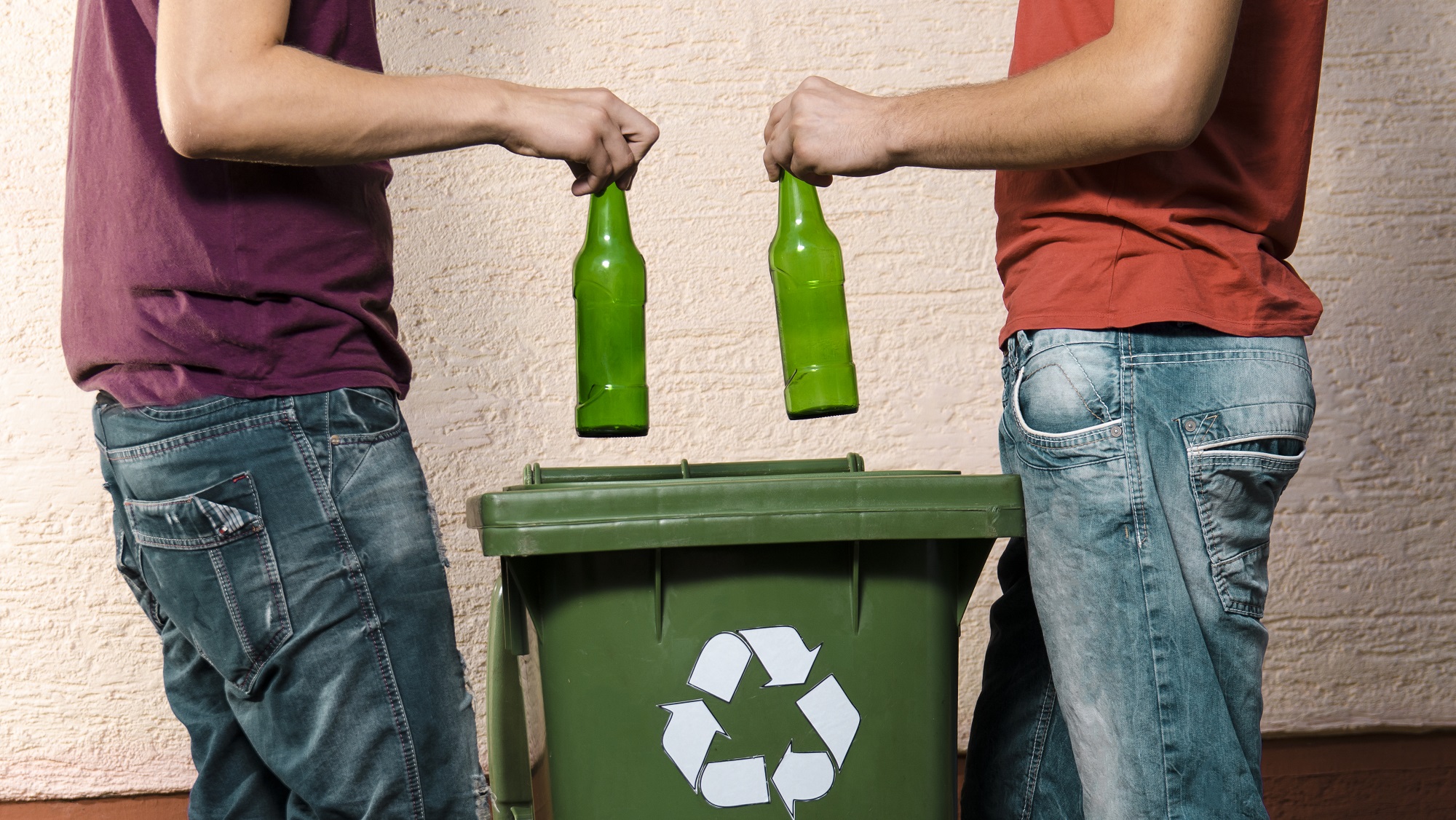The same emotion in different conditions can affect our behaviour differently. Jurriaan te Koppele (Marketing and Consumer Behaviour) investigated why that is. He obtained his PhD for this research in early July.
‘Pride as an emotion can lead you to celebrate your success with your friends, for example, but it may also make you buy an expensive watch to wear as a status symbol, or work even harder in an area where you are proud of your previous achievements,’ explains Jurriaan te Koppele. Guilt, grief and anger are also emotions that can prompt various behaviours. ‘In the literature, other scholars ascribe this phenomenon to the situation or context the person is in, but we wanted to figure out exactly how this works.’
Stolen bike
For one of his studies, Te Koppele presented test subjects with scenarios that would provoke an emotion in them. He asked them how they felt, and then where they would now like to be, with whom and what they would want to be doing. ‘We wanted to know what situation the participants would like to be in, and how they would prefer to work on the underlying problem causing their feelings of anger or guilt if they could choose what to do.’
‘Imagine you borrowed a bicycle from a good friend. You forget to lock it and as a result it gets stolen. You feel guilty about that, of course. Do you meet up with your friend and resolve the problem or do you avoid them and deal with your guilty feelings in some other way?’
Te Koppele concluded: ‘If people don’t experience strong emotions, they almost always prefer situations that they think will be more pleasant in the short term. But if people do experience emotions such as guilt, gratitude or anger, they are more likely to opt for a situation that helps them to resolve the underlying problems. They choose behaviour that is aligned with their long-term goals, even though that may feel uncomfortable in the short term before it feels pleasant. In the case of the stolen bike, the test subjects were keen to meet up with the friend who owned the bike so that they could process their feelings of guilt.’
Own choice
He applied that knowledge in a follow-up study. Some test subjects were able to make their own choice of a situation they felt appropriate for their emotional state, whereas others did not have that freedom of choice. Here too, he asked them what they wanted to do. This study let him show that people demonstrate more goal-oriented behaviour when given the freedom to choose a situation that is appropriate for their emotion. ‘People who couldn’t choose their own situation were more likely to go for pleasure in the short term rather than their long-term goals.’
Te Koppele hopes above all that this knowledge will make people more aware. ‘So they don’t let themselves be influenced by their environment but instead actively choose an approach — and situation — that helps them process their emotions. If you have had a rough day at work and are upset, the supermarket with all its temptations might not be the best situation to find yourself in as you are more likely to choose something pleasurable but unhealthy.’ In other words, if you are aware of your emotional state — and therefore decide to go for a walk with a friend before doing the grocery shopping, for example — you will probably make different, healthier choices in the supermarket.

 You are more likely to pick options that are pleasant in the shorter term if the situation doesn’t fit your emotional state. Photo Shutterstock
You are more likely to pick options that are pleasant in the shorter term if the situation doesn’t fit your emotional state. Photo Shutterstock 

